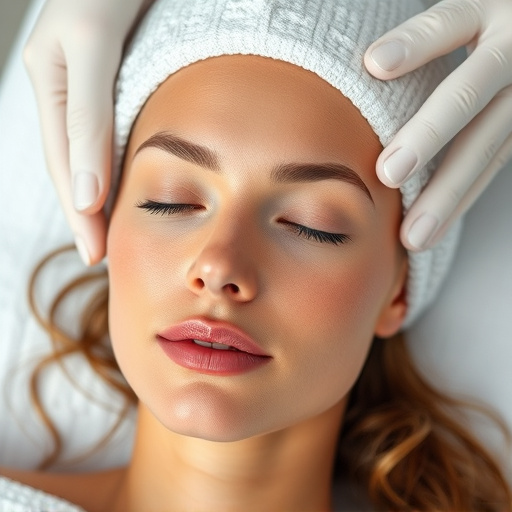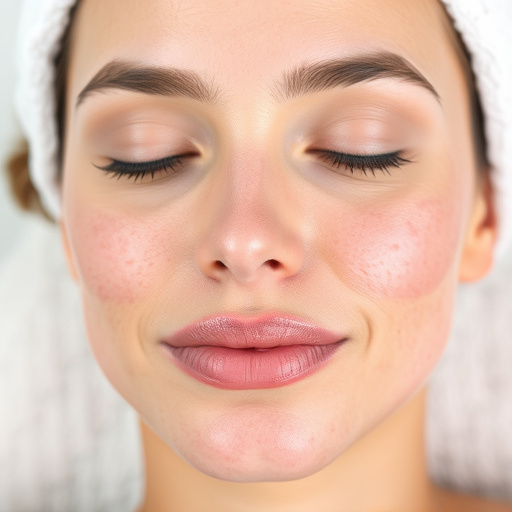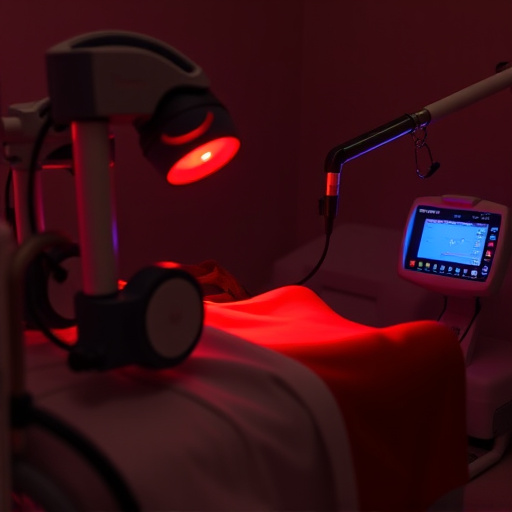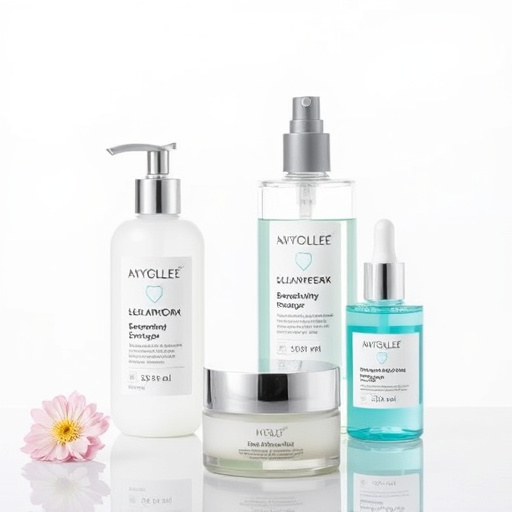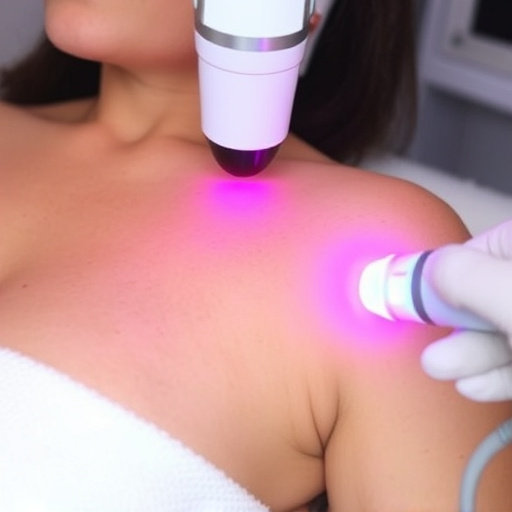Rosacea, a chronic skin condition affecting millions globally, is characterized by facial redness, dilated blood vessels, pimples, and eye irritation, with varying severity and recurrence. Its causes include genetic predisposition, environmental triggers, skincare practices, and acne treatments. Effective management involves understanding these factors and implementing tailored skincare routines, gentle products, and trigger avoidance. Affordable treatment options range from topical medications to lifestyle changes, while professionals offer specialized services including personalized skincare plans, pore refinement, and advanced therapies like targeted laser treatments. A holistic approach combining expert guidance and at-home routines enhances overall skin health for optimal rosacea management.
Rosacea is a skin condition that can affect anyone, yet it’s often misunderstood. In this guide, we’ll demystify rosacea, its symptoms, and underlying causes. We’ll then explore affordable treatment options, emphasizing the importance of professional guidance in achieving lasting results. From topical medications to lifestyle changes, learn how to take control of your skin health with expert support. Discover the best approaches for managing rosacea and achieve a clear, confident complexion.
- Understanding Rosacea: Symptoms and Causes
- Exploring Affordable Treatment Options
- The Role of Professional Guidance in Effective Rosacea Management
Understanding Rosacea: Symptoms and Causes

Rosacea is a chronic skin condition that affects millions worldwide, characterized by periods of flare-ups and remission. Understanding its symptoms and causes is the first step in managing this condition effectively. The most common symptoms include facial redness, small dilated blood vessels, pimples, and eye irritation. These manifestations can vary in severity and often appear on the cheeks, nose, chin, and forehead.
While the exact cause of rosacea remains unknown, several factors contribute to its development. Genetic predisposition plays a significant role, making it more prevalent among certain families. Environmental triggers such as sunlight exposure, certain foods, and emotional stress can also initiate or worsen symptoms. Additionally, skin care practices and even certain acne treatments, like chemical peels and hydrating facials, may inadvertently trigger rosacea in susceptible individuals.
Exploring Affordable Treatment Options

When it comes to managing rosacea, one of the primary concerns for many individuals is finding an affordable treatment that offers visible results. It’s understandable that seeking effective rosacea treatment solutions at a reasonable cost can be a priority for those living with this skin condition. Fortunately, exploring the options available today reveals a diverse range of affordable treatments, from topical medications to lifestyle changes. These choices cater to various preferences and budgets while ensuring individuals can access the care they need.
Delving into the realm of aesthetic treatments, many professionals now offer specialized services tailored to rosacea patients. These treatments go beyond conventional acne treatments by addressing the underlying causes and symptoms, providing a more holistic approach. Personalized skincare plans, incorporating expert guidance, can be incredibly effective in managing and even reducing rosacea’s impact. This combination of accessible pricing and professional oversight makes achieving clear, healthy skin a more attainable goal for those seeking relief from this often-embarrassing condition.
The Role of Professional Guidance in Effective Rosacea Management
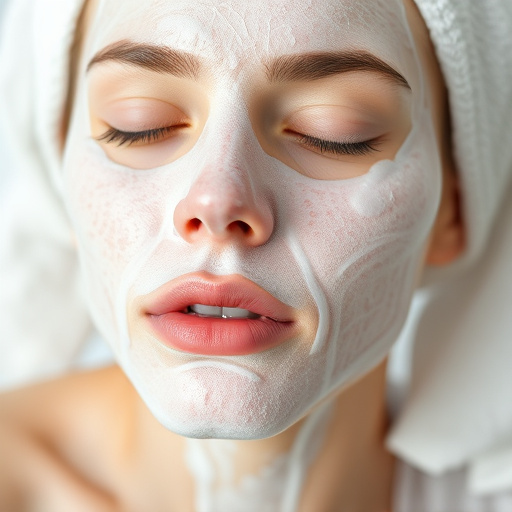
Effective rosacea management requires more than just at-home care routines; professional guidance plays a pivotal role in achieving optimal results. A dermatologist or skin care specialist can offer tailored advice based on individual skin types and severity, ensuring that treatments are both safe and efficient. They can recommend specific procedures like pore refinement techniques, which help to minimize the appearance of enlarged pores often associated with rosacea. Additionally, professionals can suggest specialised products and routines for daily skincare, focusing on hydrating facials and gentle cleansing to soothe inflamed skin.
With their expertise, experts can guide patients through the maze of treatment options, addressing concerns about potential side effects and interactions. They may also incorporate advanced therapies like targeted laser treatments or topical medications to address specific rosacea symptoms, such as redness and inflammation, contributing to overall skin health and enhancing the effectiveness of home care practices.
In light of the above discussions, it’s clear that effective rosacea management is achievable through a combination of understanding one’s condition and accessing affordable, guided treatment options. By recognizing symptoms and addressing causes, individuals can take control of their skin health. Professional guidance plays a pivotal role in navigating the diverse treatment landscape, ensuring personalized care tailored to individual needs. With the right approach, rosacea no longer has to be a challenging skin concern, but rather an manageable aspect of one’s overall well-being. Remember that seeking professional advice is key to unlocking successful and sustainable rosacea treatment.









